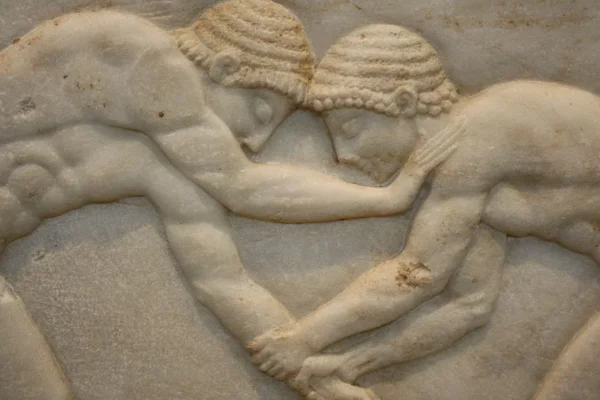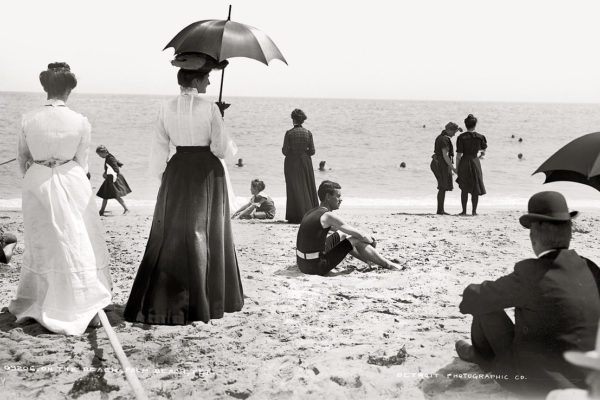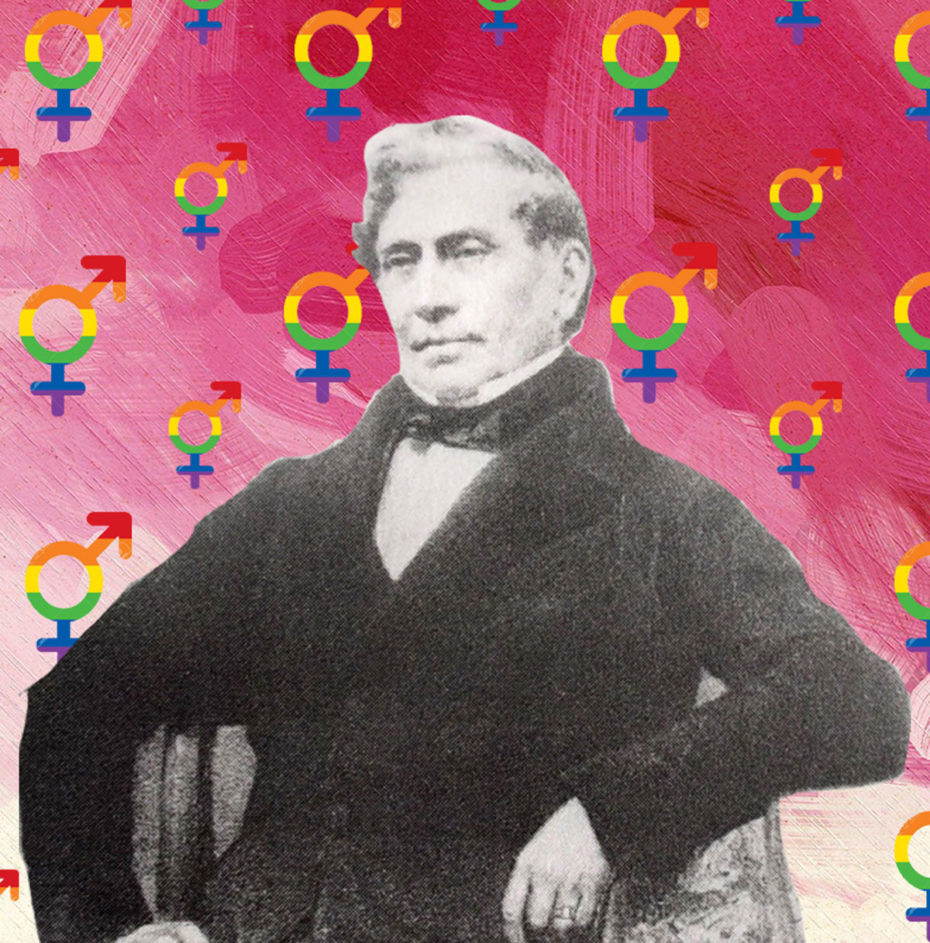
The secret life of Dr. James Miranda Barry would make one hell of a movie. This remarkable character would spend decades working as a pioneering military surgeon for the British Army, travelling the world, reforming entire healthcare systems and fighting the corner of society’s undesirables. In Africa, Barry performed one of the first successful C-sections where both mother and child survived. Only when Dr. Barry died in 1865 was it discovered he’d been born a female. The British Army then did everything in its power to make sure Barry’s records and accomplishments were kept secret.

It was his housemaid that uncovered James Barry’s anatomical sex on their deathbed, and noted the body had stretch marks, indicating the trauma of childbirth at a young age. Dr. Barry, née Margaret Ann Bulkley was born into a poor Irish family, supported largely by a single mother while Mr. Bulkley spent time in jail for debts. There are various sources that record Barry’s birth dates in 1792, 1795 and 1799, likely the result of him later lying about age on official documents to help pass as a man. Archival documents also show that Barry (then Margaret) had a younger sister, Julia, but historians believe this might have in fact been her daughter, as a result of childhood sexual assault.

Barry also had an uncle; a renowned painter at the Royal Academy, James Barry RA, who moved in important circles, and it’s thought young Margaret’s interest in medicine was probably encouraged by the some liberal-minded friends of her relative. One such friend was The Earl of Buchan, an advocate for women’s rights, who took her under his wing and arranged for a placement at the University of Edinburgh Medical at the age of 10. Dressed as a boy with a short stature, unbroken voice and smooth, delicate features, this pre-pubescent but confident child navigated a world dominated by men, forbidden to women. He went by James Barry.
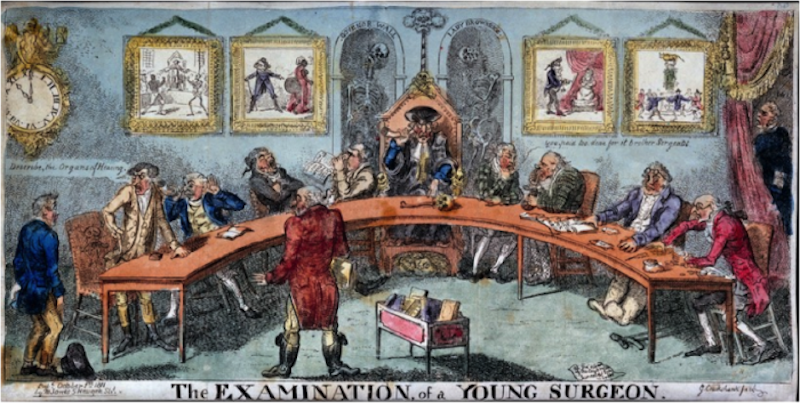
While James’ age was often brought into question, throughout his early years at school in the medical community, amazingly, his gender was never challenged by his peers. Barry managed to get through surgical training and be recruited as an officer into the British Army, which at the time, required no medical examination.
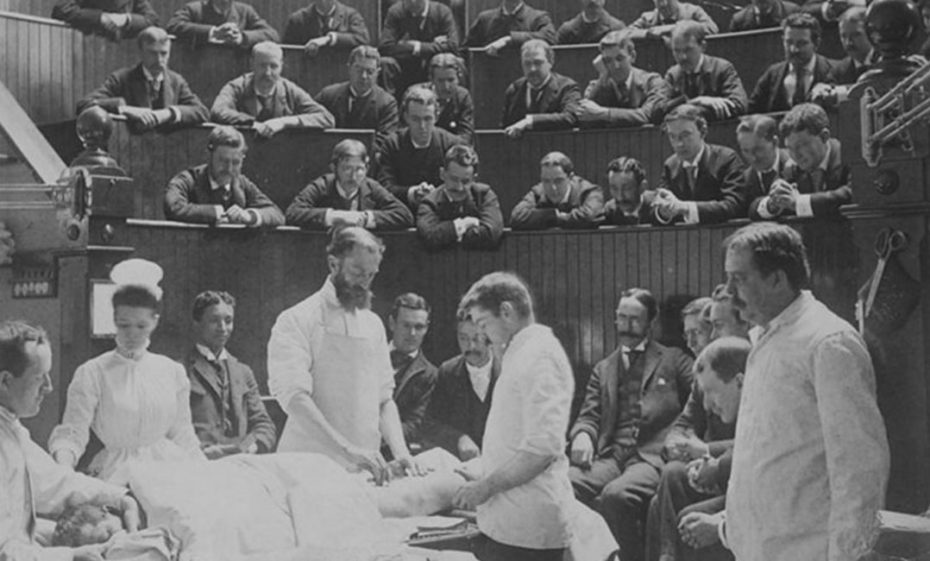
He found a posting in Cape Town South Africa, where he quickly climbed the ranks after successfully treating the Governor’s sick daughter. Barry’s subsequent close friendship with the Governor, Lord Somerset, saw him appointed as Colonel Medical Inspector, which began his long and eccentric humanitarian career as an outspoken pioneer for modern health practices.
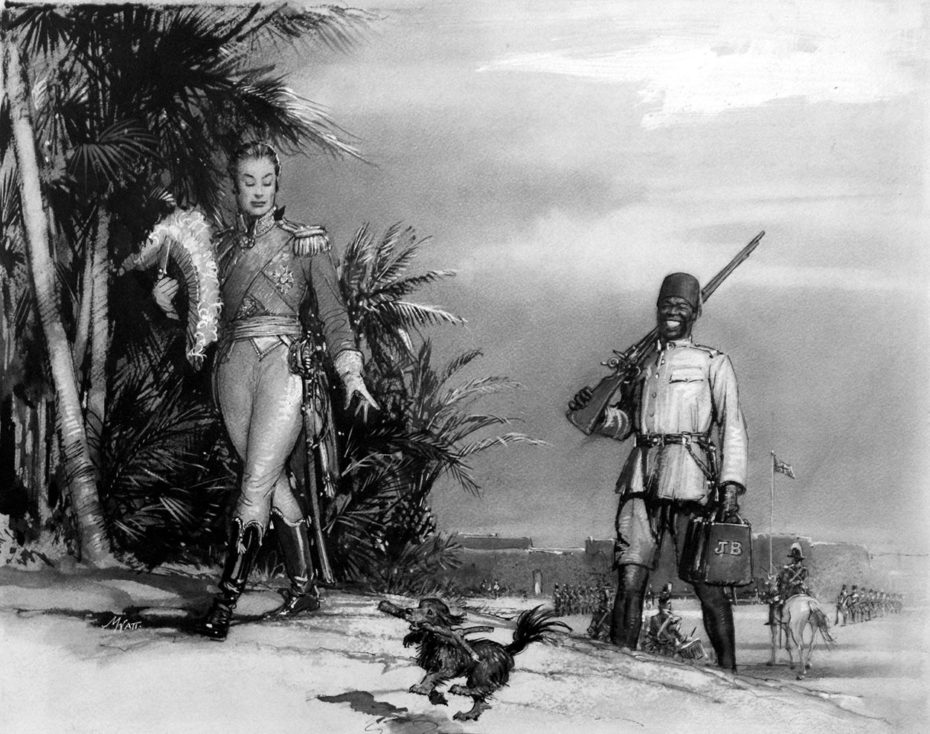
He began by inoculating the population of Cape Town against smallpox, decades before they did it back in Britain, and performed the first successful emergency caesarian in Africa. Barry spent a great deal of time with society’s “undesirables”; slaves, the mentally ill, prisoners, the leper population and Cape Town’s poorest, making significant changes to their living conditions by demanding better food, sanitation, medical care and water systems. Reforming the entire healthcare system however, didn’t make him popular with his colleagues.
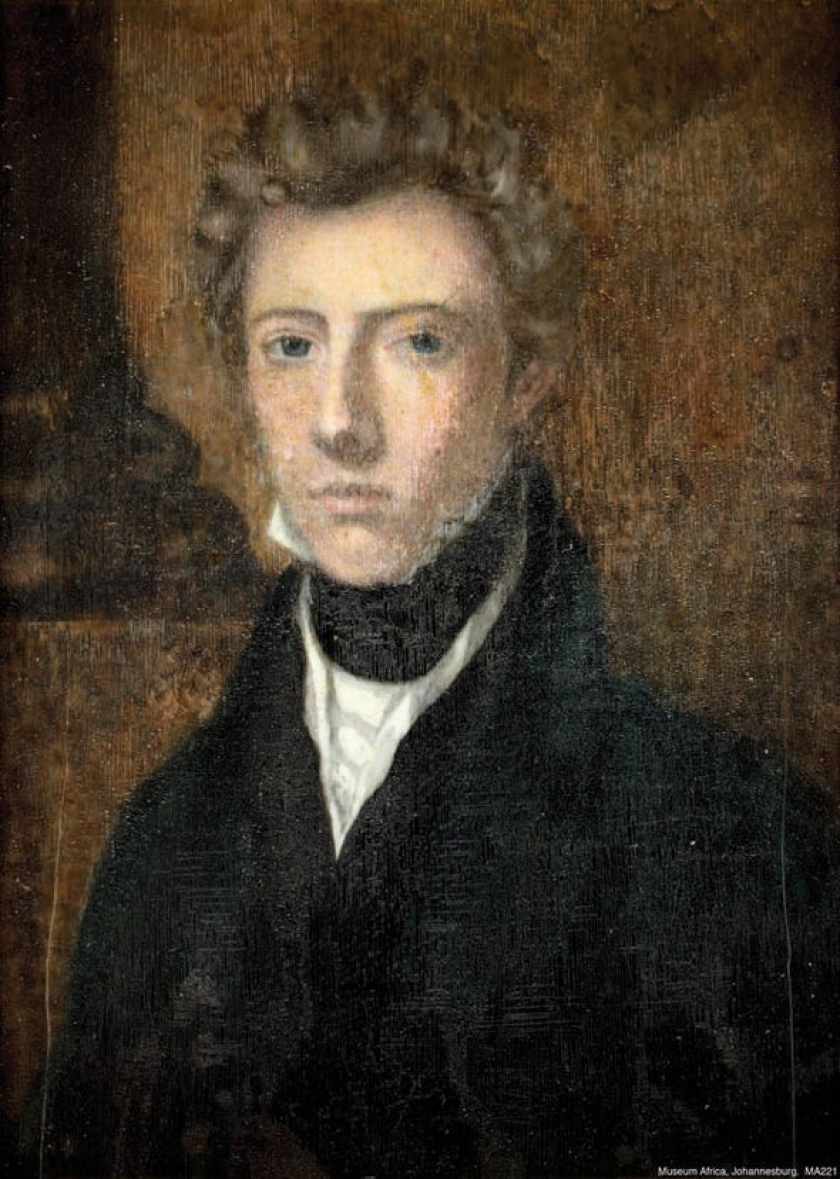
Rumours were rife about his friendship with the governor, and one public accusation claimed someone had “detected Lord Charles buggering Dr Barry”, which led to a court trial and investigation into illegal homosexual behaviour. It’s been suggested that Lord Somerset discovered Dr Barry’s secret and their relationship developed into something more than friendship. If true, Somerset never revealed Barry’s secret.
After an honourable acquittal, he was sent to Mauritius next, then Jamaica, the West Indies, Malta, Corfu, Crimea and finally Canada, but wherever he went, the eccentric doctor with a secret made enemies. During the Crimean War he got into a raging argument with Florence Nightingale and won an infamous pistol duel with a Captain of the 21st Light Dragoons. In Jamaica, one clash with a fellow army surgeon resulted in him being arrested for “conduct unbecoming of the character of an Officer and a Gentleman”.
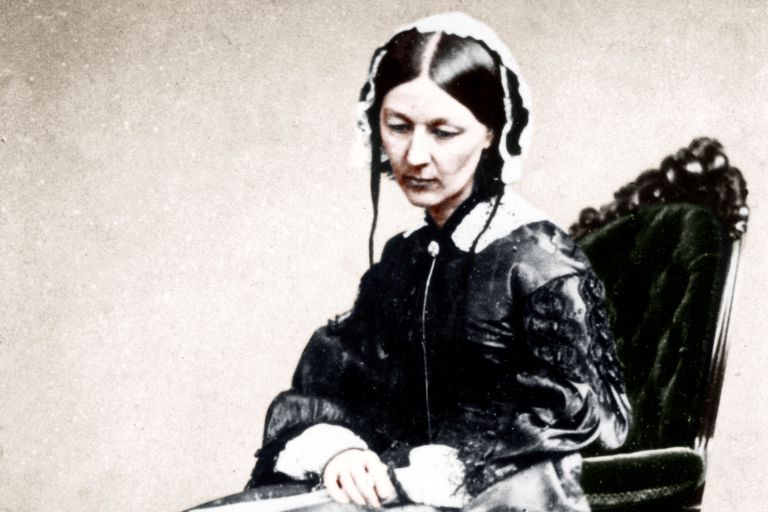
Florence Nightingale had this to say of the eccentric surgeon:
I never had such a blackguard rating in all my life – I who have had more than any woman – than from this Barry sitting on his horse, while I was crossing the Hospital Square with only my cap on in the sun. “He” kept me standing in the midst of quite a crowd of soldiers, Commissariat, servants, camp followers, etc., etc., every one of whom behaved like a gentleman during the scolding I received while “he” behaved like a brute . . . After “he” was dead, I was told that (Barry) was a woman . . . I should say that (Barry) was the most hardened creature I ever met.
What made him so angry? Seeing unnecessary suffering, particularly of the poor, underprivileged and under-represented. Despite often lacking a calm approach to getting his way, wherever he went, significant improvements were made to the lives of people around him.
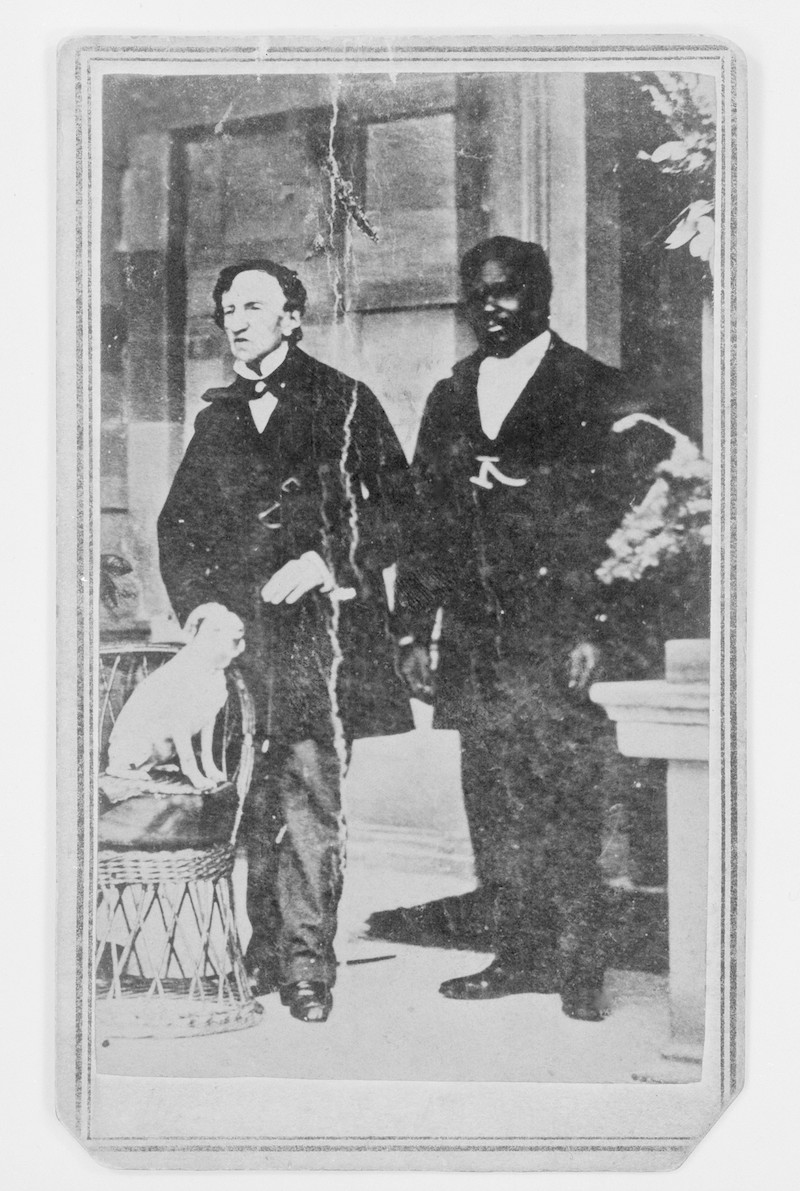
The quality of Barry’s own life however, remains in question. He died alone back in Britain and his unremarkable tombstone at the Kensal Green Cemetery in London reads simply, “Dr. James Barry, Inspector General of Hospitals”. The British Army classified all documents on Barry for 100 years after his death. The surgeon himself had fiercely guarded his secret to the very end, never allowing anyone into the room while undressing, and leaving strict instructions “in the event of his death… to prevent any examination of his person,” wishing to be “buried in [the] bed sheets without further inspection”. We Are Family, an LGBT magazine, argues that this is strong evidence of Barry’s having identified as a transgender man, given that “his wish was to die and be remembered as a man.”
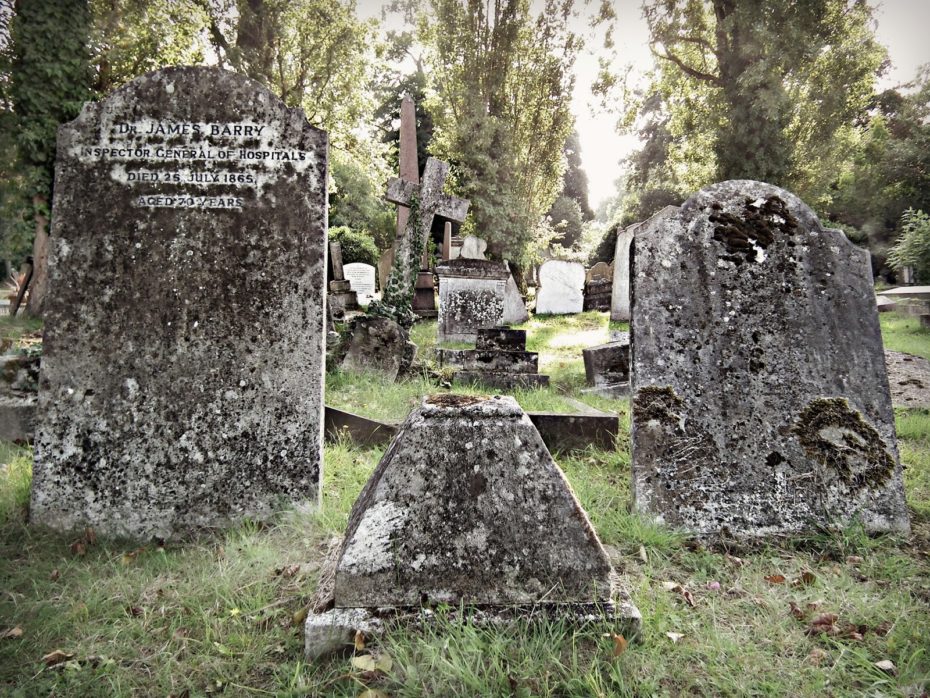
Now about that movie. A play was written about Dr. James Barry’s story, and a film script was sent around to various studios. That was about twenty years ago. Might it be about time someone had another look? The good news is, after a little research, I found an untitled James Miranda Barry project in pre-production on IMDB. Based on Rachel Holmes’s book The Secret Life of Dr James Miranda Barry, actress Rachel Weisz has been cast as Dr. Barry. Watch this space, but perhaps one day, Dr. James Barry’s name will be as well known as Florence Nightingale’s. History needs more James Barry stories.








